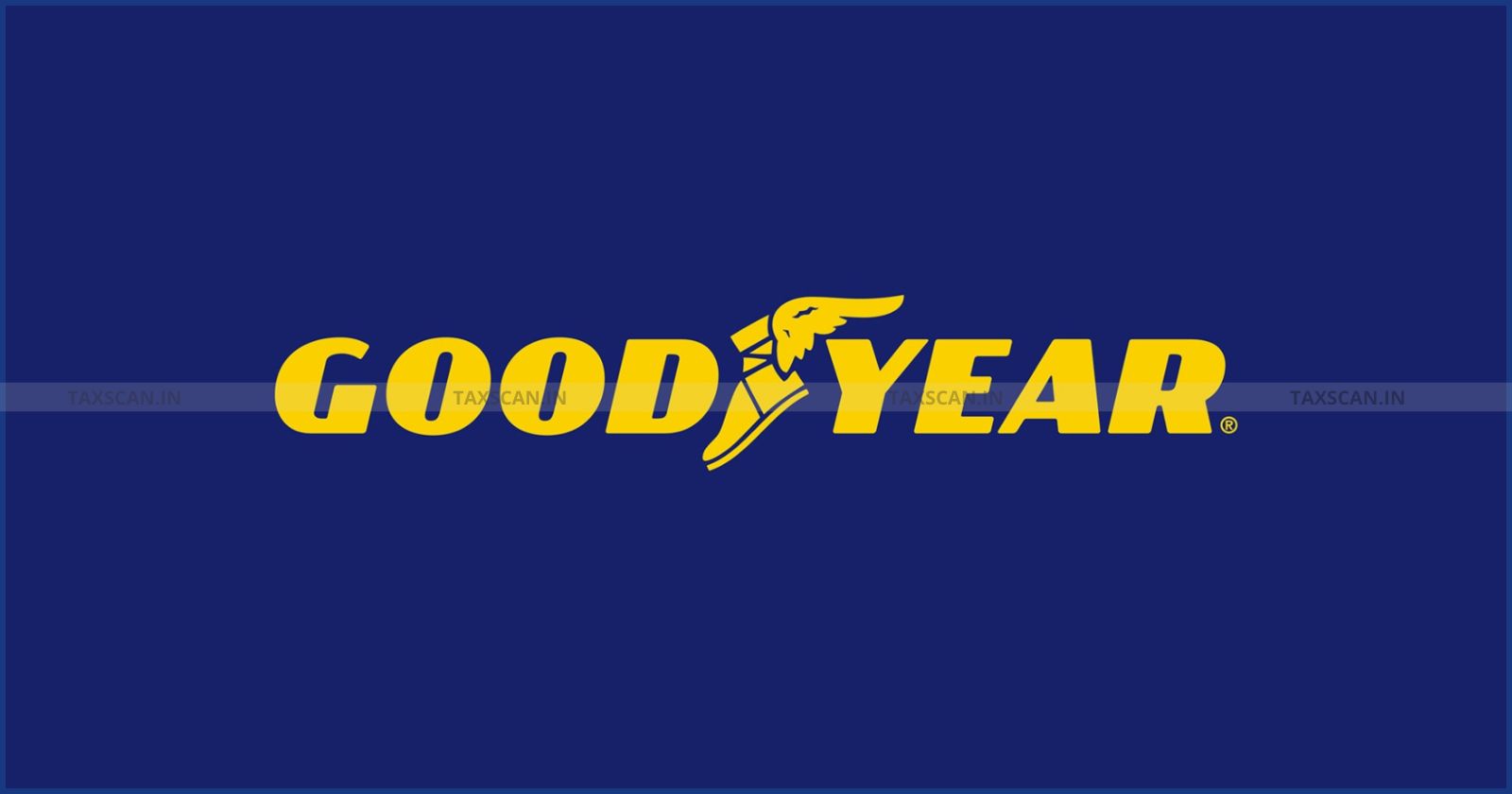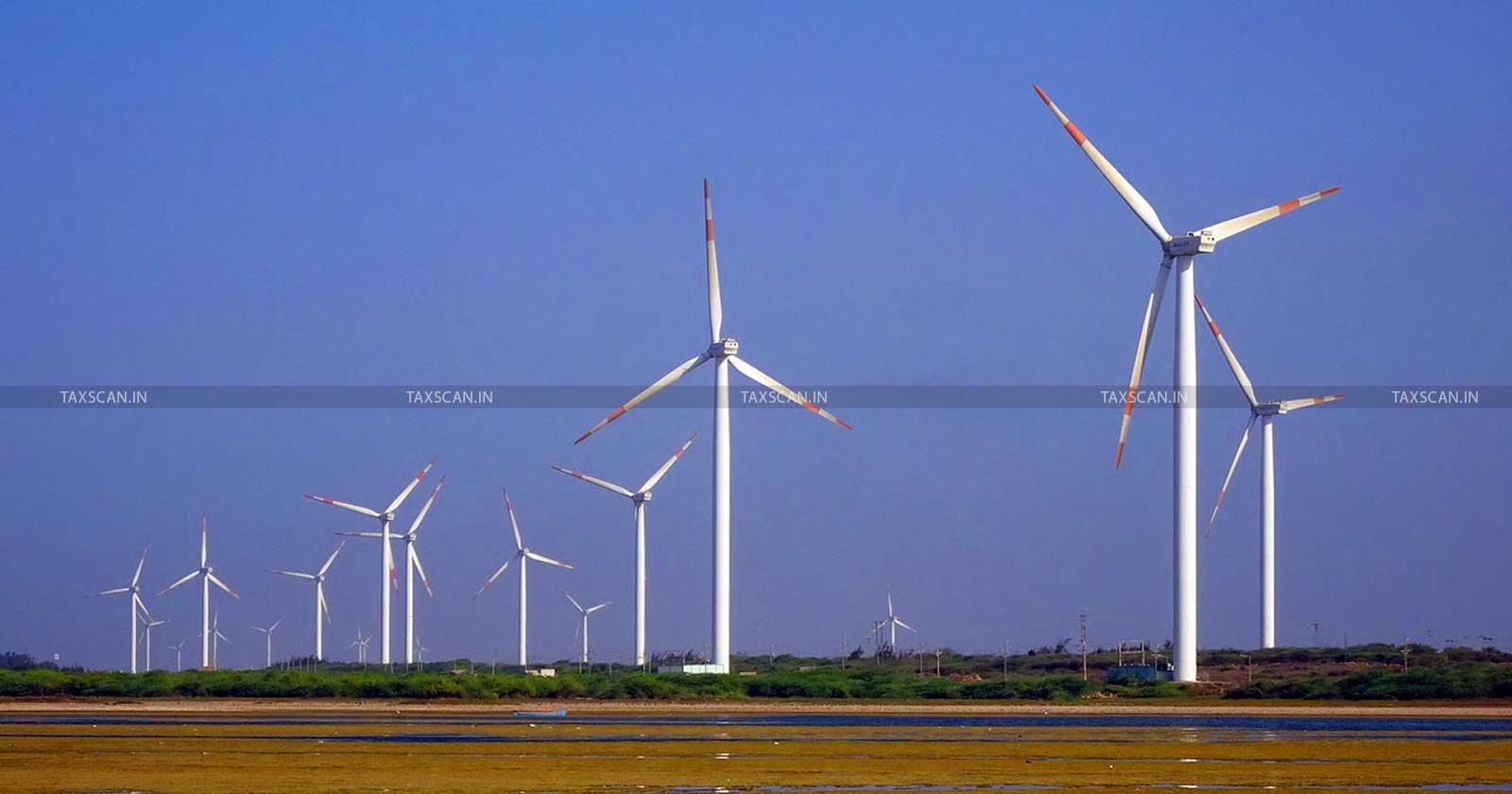Concrete Pumps at Client’s Disposal Attract Supply of Tangible Goods, Not GTA: CESTAT [Read Order]
CESTAT rules that concrete pump services fall under Supply of Tangible Goods, not GTA, and allows tax only for the regular period, sets aside penalties
![Concrete Pumps at Client’s Disposal Attract Supply of Tangible Goods, Not GTA: CESTAT [Read Order] Concrete Pumps at Client’s Disposal Attract Supply of Tangible Goods, Not GTA: CESTAT [Read Order]](https://images.taxscan.in/h-upload/2025/06/27/2055299-concrete-pumps-concrete-pumps-at-clients-disposal-attract-supply-clients-disposal-attract-supply-taxscan.webp)
The Chennai Bench of the Customs, Excise, and Service Tax Appellate Tribunal (CESTAT) ruled that the hiring of concrete pumps amounted to the supply of tangible goods and was not classifiable under Goods Transport Agency (GTA) services.
The appellant, Namakkal South India Transports, had entered into contracts with companies like Lafarge to provide and operate high-capacity concrete pumps at various construction sites. These pumps, along with drivers, operators, and other support staff, were kept at the disposal of the client throughout the contract period. The department issued a show cause notice alleging that this arrangement fell under the taxable category of “Supply of Tangible Goods Service” and raised a demand for service tax under Section 65(105)(zzzzj) of the Finance Act, 1994.
 Also Read:Relief for Goodyear India: CESTAT Rules Services Rendered Outside India by Foreign Agents Not Taxable Under Reverse Charge [Read Order]
Also Read:Relief for Goodyear India: CESTAT Rules Services Rendered Outside India by Foreign Agents Not Taxable Under Reverse Charge [Read Order]
The appellant’s counsel argued that the services were part of their regular transportation business and should be taxed, if at all, under GTA services. They argued that there was no transfer of the right to use the equipment, and the control over the machinery remained with the appellant. They further submitted that the service was essentially to support construction activity and did not involve leasing or renting of goods. It was also argued that any service tax due was to be paid by the service recipient, as mentioned in some of the agreements.
Understanding Common Mode of Tax Evasion with Practical Scenarios, Click Here
The revenue counsel argued that the concrete pumps were stationed at the client’s sites, operated as per their instructions, and were exclusively available to them during the entire contract period. They submitted that the responsibility for staffing, fuel, and maintenance remained with the appellant, while the pumps were used exclusively for the client's purpose.
They argued that the pricing was linked to output (i.e., cubic meters pumped), and that the entire arrangement was for making the equipment available for use, fitting the definition of Supply of Tangible Goods Service. The revenue also pointed out that certain contracts clearly mentioned the appellant’s liability to pay service tax.
 Also Read:No Service Tax on Fabrication of Windmill Parts Covered Under Excise Exemption: CESTAT [Read Order]
Also Read:No Service Tax on Fabrication of Windmill Parts Covered Under Excise Exemption: CESTAT [Read Order]
The two-member bench comprisingAjayan T.V. (Judicial Member) and Vasa Seshagiri Rao (Technical Member) observed that although the concrete pumps were operated and maintained by the appellant, they were kept entirely at the disposal of the client and used according to the client's instructions. The tribunal further observed that the contracts clearly distinguished these services from transportation and that the nature of the work did not fall under GTA services. The tribunal held that such an arrangement satisfied the conditions of Supply of Tangible Goods Service.
The tribunal also examined whether the extended period of limitation was rightly invoked. It held that the classification of services in this case was a debatable and contentious issue and that the appellant could not be accused of any intent to evade tax. The tribunal ruled that the service tax demand could only be confirmed for the normal period and not for the extended period. The tribunal also set aside the penalties imposed on the appellant.
The matter was remanded back to the original authority to quantify the service tax liability for the regular period based on the records, specifically in respect of the hiring charges for the concrete pumps. The appeal was partly allowed.
Support our journalism by subscribing to Taxscan premium. Follow us on Telegram for quick updates


